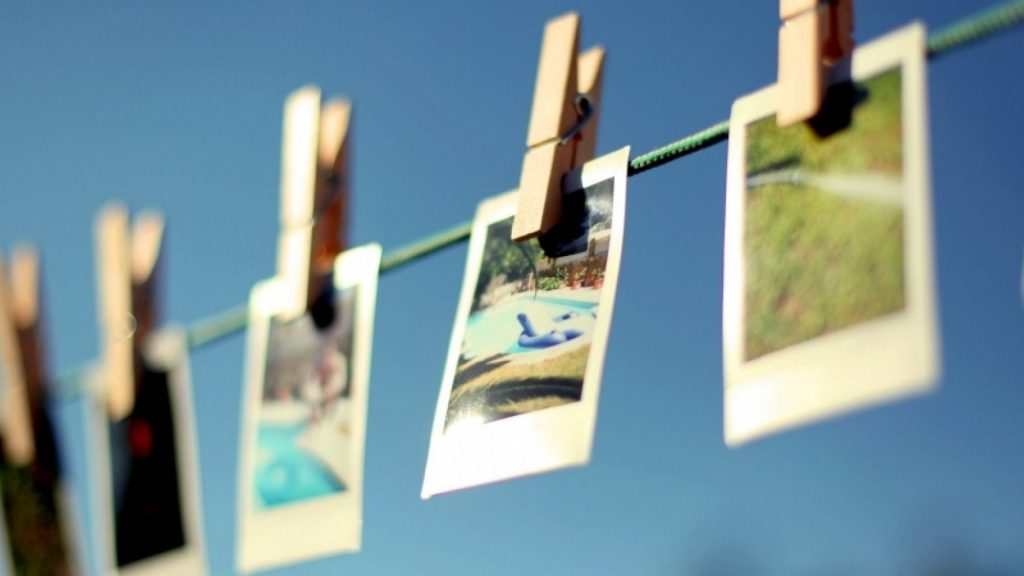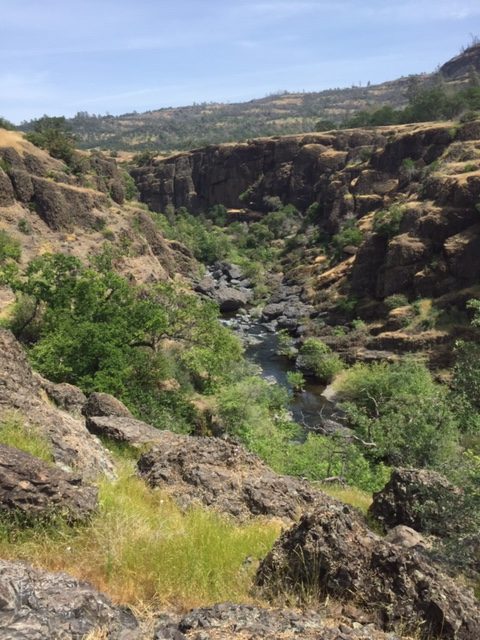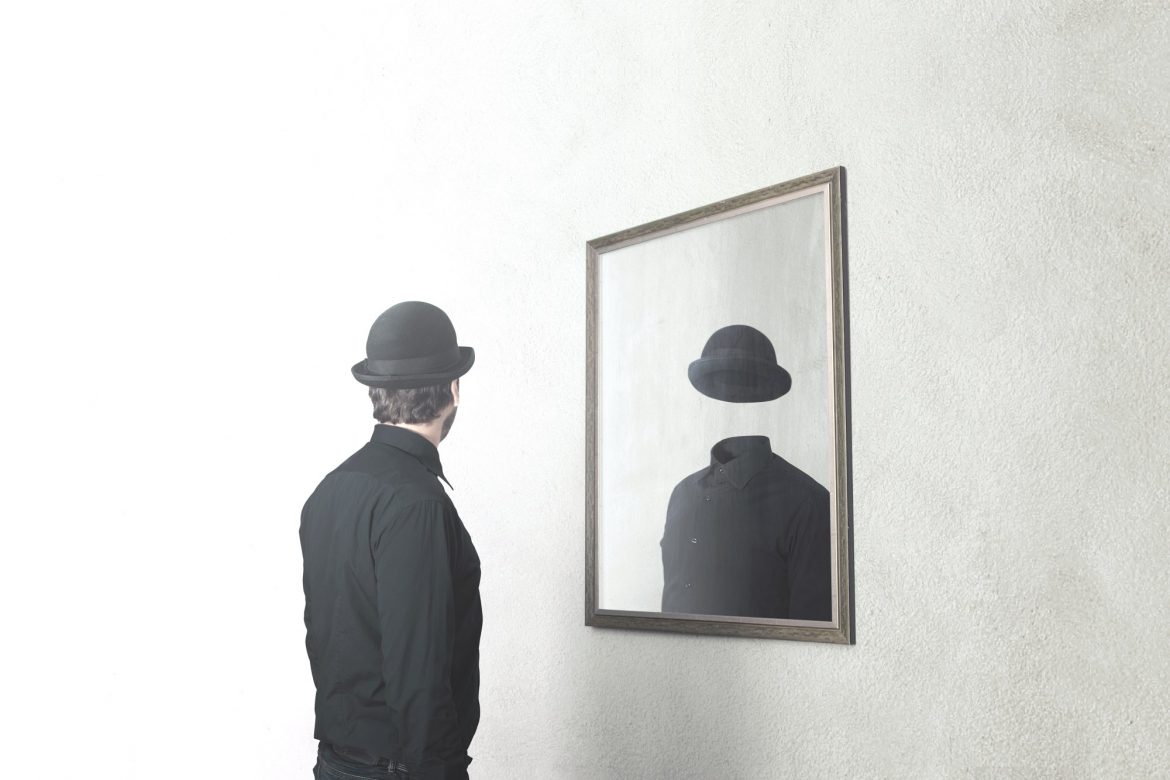The most difficult thing for humans to do is to be self-knowing. We all think we know ourselves, and that may be so, as far as self-knowledge goes. But self-knowledge and self-knowing are completely different things, and very few people are self-knowing.
What is the difference? Self-knowledge is based on experience, and is accumulative. I learn about myself from ‘my experiences,’ gathered over time, which builds up an image of who I am.
The problem is that the image is never who and what I actually am. The image is an idea or picture of oneself, never the actuality.

Self-knowledge is a function of memories, images and ideas, which are inevitably of the past. Whereas self-knowing is of the present, and negative. Not in the usual sense of the word – unconstructive, unhelpful and pessimistic. Rather, with the accent on the second syllable – ne-ga’-tive – to unlearn.
How can unlearning what we think we know about ourselves reveal what we actually are, and can be?
Images and ideas are never the living truth, but become fixed as we grow older, and ruts become the norm. Flexibility and freedom are denied. So the more we think we know ourselves, the less freedom we actually have.
It isn’t a matter of having choices, of being able to choose to be this or that, which is the primary conceit of this awful culture. When we are self-knowing, there are choices, but there is no choosing or chooser. Freedom of choice, much less the freedom of the chooser, is an illusion, because the chooser is always conditioned and confused.
So if there is no enduring individual self, is there an enduring individual soul? There’s a paradox here, since with the negation of the self, the human spirit grows and takes flight. That’s the meaning of “Whosoever would save his life, shall lose it.”
Disregarding the double talk from the East about a “Higher Self,” the self is a construct of conditioning and experience, whereas the soul pertains to the essence of character and heart. Therefore self-knowing pertains not to the self, but to the soul.
It’s been months, but I made it to the canyon and gorge beyond town for a long meditation and a short hike before the likely last measurable rain of the year. The hillsides are already browning; California could be in for another bad fire season.
The orange poppies and blue and white lupines were gone, but buttercup, scotch broom, elegant brodiaea, yellow Mariposa lily, Ithurial’s spear and bluebottle were in bloom.
A lone Canadian goose stood on the edge of the gorge less than 200 meters across from where I sat and honked for the better part of an hour. Perhaps I was sitting at its favorite perch, but its honking didn’t bother as it was nearly drowned out by the whitewater reverberating from below.
Vultures soared by at eye level so close that every feather and feature could be seen. They are strange birds, ever watchful and graceful, not at all like their image. In an hour and half, I saw only two people in the distance, plus three friendly college girls passing by on the rocky path to my left.
After nearly an hour, the accumulations of the past year came to the surface. Non-judgmentally and non-reactively attending to them, they dissolved, allowing one to be present in all-inclusive solitude with the beauty around one.

We resign to the idea that “pain lasts, grief lasts, anger lasts,” when it is the idea that makes them last. And we resign to “the realization of human brokenness, the recognition of things lost that can’t be regained, and the emptiness that holds their place.” Why?
It’s psychologically, philosophically and spiritually a mistake of the highest order to say, “Emotions circle, vulturelike, around one’s thoughts, nourished by attention.” (Italics mine.)
Though it’s another paradox (not a contradiction), attention does not nourish emotions and thoughts, but extinguishes memory and hurt, and heals the mind and heart.
The idea is deeply conditioned in this culture that fully acknowledging a harm or injustice is “negative;” looking at and remaining with a difficult or disturbing thing strengthens it; and attending to thoughts and emotions feeds them.
That’s because what is often called attention is merely self-centered focus, a concentration on my hurt — the real and imagined harms that others have done to me. That’s not attention, but self-centered concentration on my victimhood.
After the better part of an hour’s passive observation, and simply letting the senses delight in the life around one, undirected attention sufficiently gathers to quiet the mind and bring peace to the heart.
The visible beauty of the Earth, and the ineffable beauty that lies beyond sensory perception, envelop one.
Martin LeFevre

